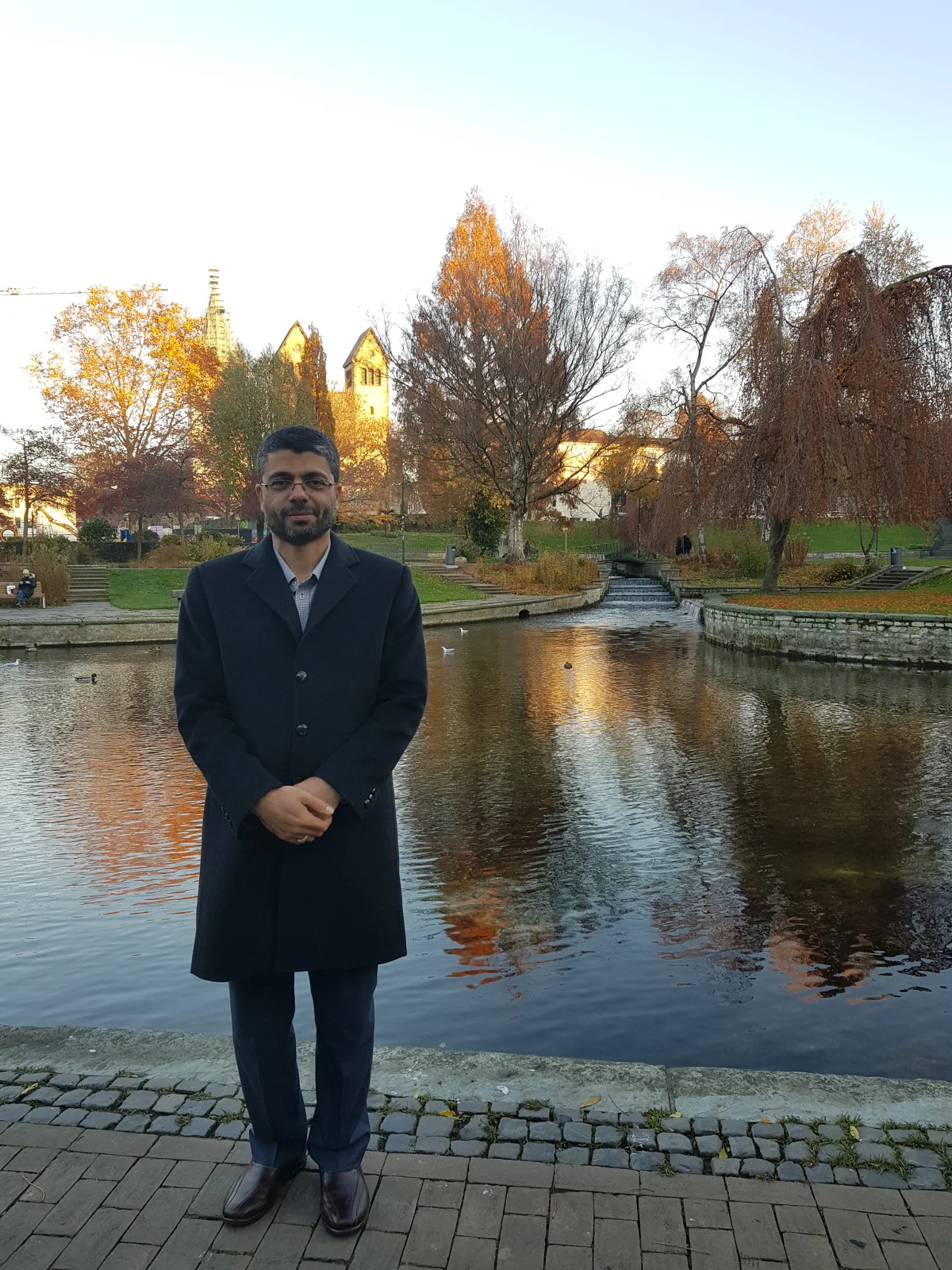Interview with IQP Executive Director Dr. Ahmadi
Interview with the Secretary of the Independent International Parliament of the Holy Quran IQP:

As announced at the fourth meeting of Quranic centers and directors, the biennial Independent International Parliament of the Holy Quran is scheduled to be held at the University of Tehran and in the holy city of Qom in May 2025. On this occasion, we have conducted an interview with the Executive Director of this Parliament, Dr. Mohammad Hassan Ahmadi. Dr. Ahmadi is currently an Associate Professor of Quran and Hadith Sciences at the Farabi Faculty of Tehran University.
Dr. Ahmadi, please tell us what is the purpose of forming this parliament?
The proposal to establish this parliament dates back to the Burning the Quran in Sweden in 1402. At that time, we really felt that the Holy Quran is strange and has no international popular organization. Even within our country, despite the numerous semi-governmental organizations on various issues, there was very little room for this issue. This idea was first officially raised by the Farabi Faculty of Tehran University.
Why did you choose the title Parliament for this idea?
Independence and Parliament are two main identities for us. Independence means that we are not a subsidiary of any government institution and it is a completely spontaneous work. We have not received any help from any institution. The word "Parliament" is also completely popular. We also have connections with international unions. Of course, our focus is on non-Iranian audiences. We really do not emphasize much on the inside. Our audiences fall into three categories: professors and researchers, memorizers and reciters, and finally Quranic activists.
The horizon outlined in its statute is that three people from each country in these three categories should be members of Parliament. The statute clearly specifies the method of holding meetings and recruiting members.
Some government institutions are trying to model and adopt this idea. What is your opinion?
The inherent duties of government institutions are clear. The interference of government institutions in the spontaneous work of the people weakens them more than anything else. This issue is especially exacerbated in the international arena. Of course, this certainly does not mean that we have not informed international centers of our decision. Incidentally, one of the first centers to which this idea was presented was the Islamic Culture and Communication Organization, which presented this plan to them during two official meetings.
What has happened during these two years?
Meeting with authorities, personalities, and academic, Quranic, and international seminary centers was our main focus in the early stages of the parliament's activities. You are aware that the international Quranic scientific-cultural tourism(QSCT) project was one of the most important projects under this parliament, which was launched last year with the presence of a guest from Algeria. Of course, our most important work is the effort in the virtual space. In the biennial parliament, we first intend to tell the domestic and international audience what great things we have done with empty hands and without the support of government centers. In fact, unlike many common, costly meetings, we are not holding a meeting to say, "Come on, tell us what to do." Rather, we want to say what we have done and what we want to do. People's work is always transparent, inexpensive, and beneficial. Therefore, institutions should not try to make a record for themselves by tying themselves to these activities, which definitely make this opportunity to be deed. Of course, we will definitely pursue any person or institution that wants to disrupt the correct path of the parliament; legally, judicially, and media-wise.
Thank you, Dr., for the time you have given us. Thank you too. May all these efforts be pleasing to the Almighty and in line with the goals of the Imams of the Revolution.
تاریخ درج: 1403/9/4
